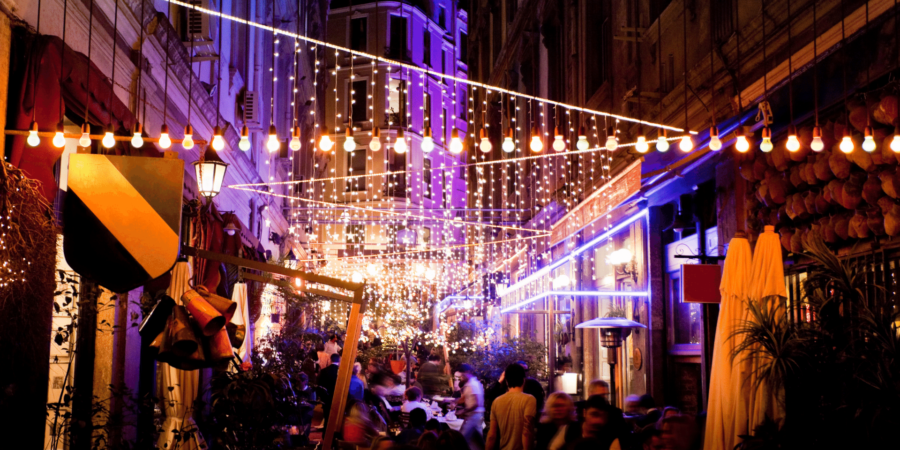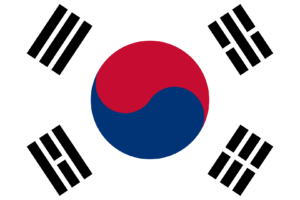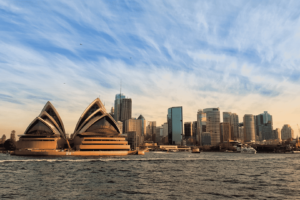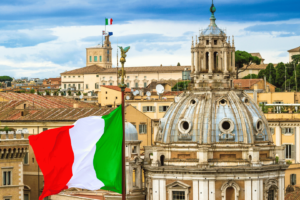Secular Life in Turkey – 2022
Turkish history is rich, deep and detailed. As a nation unique in connecting Europe and Asia, secular life in Turkey has likewise played a huge role in shaping the modern history of this country.
The secular lifestyle in Turkey has gone through many changes over the centuries, creating a rich cultural heritage and strong set of moral values that continue to be central to how the country and its citizens live today.
Secularism in Turkey
Secular life in Turkey is all abouts the ways in which the nation state and the principles of religion relate to and interact with one another. Like many countries with a long history, Turkey’s relationship between the faith of its founding peoples and the cultural identity of the nation they created are closely connected.
The secular lifestyle in Turkey owes much of its lineage to the Ottoman Empire. As such, Turkey identified as an Islamic nation for much of its history – and only as a more democratic and cosmopolitan nation was created in the 20th Century did secular life in Turkey shift towards how it appears today.

Reforms of Republic
The early 20th Century was a formative time for many of the most influential countries of the world – and for secular life in Turkey, it was a time for change indeed.
In 1928, revisions were put forth to the Turkish Constitution of 1924, which separated faith and state in the country as never before. While Islamic faith remains prolific in Turkey to this day, the secular lifestyle in Turkey was granted further freedoms and the Constitution was revised to remove Islam as the sole state faith of the land.

Constitutional Principles
For its time, the revisions made to the Turkish Constitution in 1928 changed secular life in Turkey forever.
Enacted as a means towards democracy, egalitarianism and modernisation, secular life in Turkey evolved from the 1920s onwards to become tolerant of Turkish peoples of all faiths.
The state adopted a stance of proactive neutrality, in which religious prejudice and persecution is forbidden and the freedom to pursue an individual’s chosen faith is their right in constitutional law.

Impact on society
The modern secular lifestyle in Turkey is one of religious freedom and tolerance, which itself is made possible by the constitutional reforms as aforementioned. In Turkish culture today, an individual is free to worship – or abstain from worship – in any way he or she sees fit.
As this relates to the nation state itself, secular life in Turkey works by the state recognising and protecting the interests of various religious groups, but not allowing said groups to form alliances that could entwine their faith with matters relating to government or the national rule of law, such as forming political parties on the basis of faith.
However, while the secular lifestyle in Turkey as described here certainly describes an egalitarian ideal, in practice there are occasionally tense discussions as to where personal freedom begins and the state’s overarching insistence on secularism ends.

Headscarf controversy in Turkey
Secular life in Turkey means that, as one example, a worker in a governmental building is forbidden from wearing religiously identifying clothing or symbology within the grounds of said building.
For those Turkish citizens practising faiths for which headscarves and similar garments are considered mandatory demonstrations of their faith, this has created an almost irreconcilable problem.
While women in this country typically enjoy tremendous equality in terms of career opportunities and personal advancement, the ban on their wearing headscarves while working as teachers, lawyers and other public sector positions has put tremendous pressure on even the most talented of female workers in these fields.
Workplace
Despite the secular lifestyle in Turkey suggesting that religious tolerance and freedom is enjoyed by citizens of every faith, gender and demographic background, women in the workplace whose religion denotes they ought to wear a headscarf find themselves increasingly dissuaded from doing so.
This comes not only in the form of reprimands and outright dismissal from positions from public sector careers at such times that headscarves are seen to be worn, but also instances in which women who suffer such treatment go on to find it impossible to find public sector work with any other employer.
More tellingly, despite this phenomenon largely being seen as a public sector challenge, many private sector organisations today take a similar stance against women wearing headscarves in Turkish workplaces.

Alcohol usage in Turkey
Secular life in Turkey also extends to the country’s perspectives on alcohol, which themselves are also a cultural icon of the country’s rich and storied past. Raki, a Turkish alcoholic drink, has become renowned worldwide for its flavour, impact and cultural significance.
Among Middle Eastern nations, Turkey ranks highly in terms of average alcohol consumption per person, at 1.5 litres. However, modern politics seems to be at loggerheads with the secular lifestyle in Turkey, with a more Islamic aversion to alcohol inspiring governmental crackdowns on alcohol consumption and its role in Turkish society.

Women in life
The power of secular life in Turkey was instrumental in the country being somewhat groundbreaking in providing rights to vote and hold political office to women, which the nation did during the 1930s – long before many European mainland nations.
However, it is believed that only a third of Turkey’s female population is active in the workforce. Despite the secular lifestyle in Turkey, there is an unfortunate level of discrimination in many regions of the country – countered by a robust and impassioned Turkish feminist movement in every area of women’s rights.
However, women in Turkey have equal rights to men in cases of marriage, divorce and property rights – yet this only came into effect after the turn of the Millennium.
Despite secular life in Turkey promising equality in faith and lifestyle to all citizens, prejudice and even violence against women in Turkey is often based on their manner of dress – be that headscarves as described above, or simply not dressing conservatively enough for a predominantly Islamic male population.
The dialogue to bridge divides and provide a secular lifestyle in Turkey in which true equality is guaranteed, in all aspects of personal and professional life, remains an ongoing challenge for this fascinating nation today.




